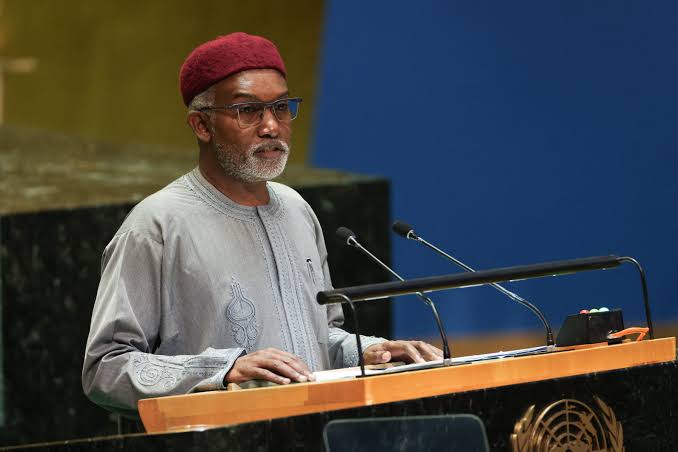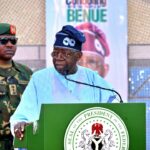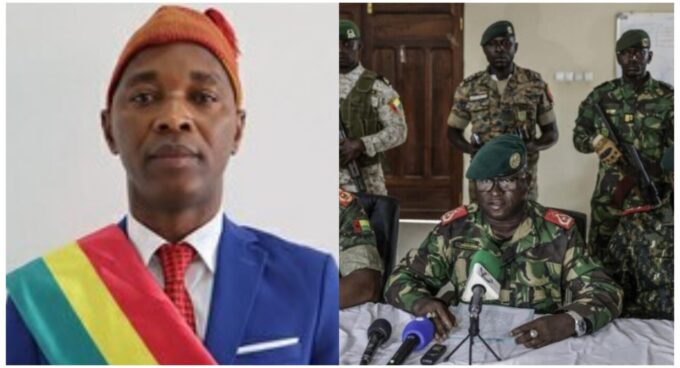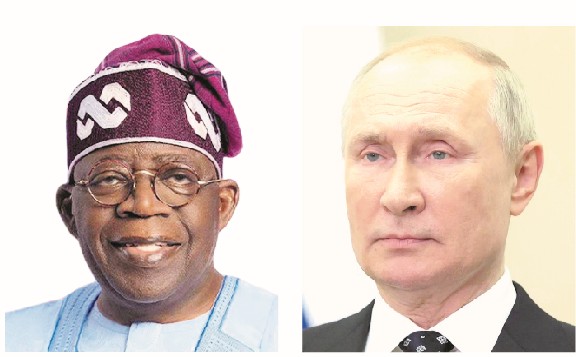Nigeria’s Foreign Affairs Minister, Ambassador Yusuf Tuggar, cautioned on Wednesday, that the West Africa’s economic and diplomatic ties with the United States could suffer if Washington proceeds with stricter visa rules targeting ECOWAS member states.
Speaking at the opening of the ECOWAS Mediation and Security Council’s 54th ordinary session in Abuja, Tuggar criticized the proposed policy, which would require Nigeria, Ghana, Senegal, and over 20 other African nations to meet tougher identity documentation and governance standards within 60 days or face visa limitations.
“It would be most unfortunate if it comes to pass, because we are a region of opportunities ready to do deals. We would like to do deals with the U.S., but visa restrictions are barriers to those deals,” Tuggar said.
He argued that restricting travel would hurt trade negotiations, calling the measures “non-tariff barriers” that could slow economic cooperation and deter investment. The minister also highlighted West Africa’s strategic importance, noting that ECOWAS nations possess critical resources like rare earth minerals—an area of growing U.S. interest.
“By impeding official travel and limiting engagement from private sector stakeholders, the policy could send signals that Washington is deprioritizing partnerships with emerging markets,” Tuggar warned.
While the U.S. State Department has not officially confirmed the reported restrictions, Reuters cited a draft document listing 28 African countries—including Nigeria, Ethiopia, Angola, and Côte d’Ivoire—as facing potential visa curbs due to concerns over weak civil registration systems and unreliable identity documentation.
Tuggar emphasized that ECOWAS members have long been active in global trade and cautioned that such restrictions could further strain relations at a time when the region is still recovering from post-pandemic economic challenges.















Leave a comment